
Salt Vs Sugar: The Bigger Threat To Blood Pressure
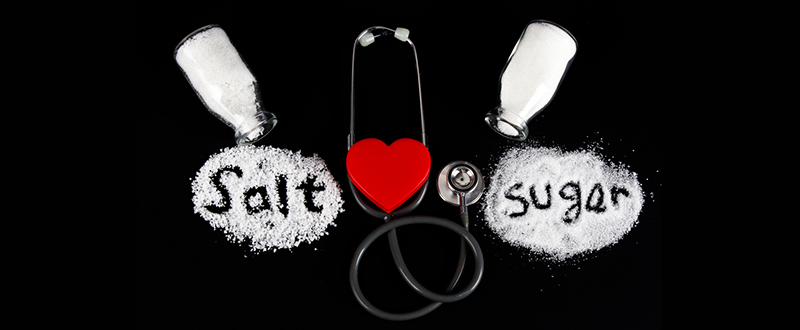
Table of Contents
When it comes to heart ailments and blood pressure problems, doctors always ask their patients to lower their salt consumption. Although salt is essential for keeping body fluids balanced, too much sodium can drastically increase the volume of body fluids. Additionally, recent research has discovered that even excessive amounts of sugar can cause high blood pressure and other cardiovascular disorders. There are numerous other causes of high blood pressure but reducing salt and sugar intake can play a strong role in monitoring your high blood pressure symptoms.
What is hypertension?
Hypertension, or high blood pressure, follows when the blood pressure in the human body increases to high levels and leads to blood pushing against the walls of your arteries. In an average human body, blood pressure rises and falls numerous times throughout the day but consistently staying high causes high blood pressure.
Causes of high blood pressure
Apart from high sodium and sugar intake, other causes of hypertension are:
- Obesity
- Excessive smoking and drinking
- Lack of exercise and physical activities
- Old age
- Overwork and stress
- Genetic history
- Thyroid disorders
- Chronic kidney diseases
- Sleep apnea
How To Monitor Hypertension?
It is very important to monitor hypertension to maintain a healthy lifestyle and avoid cardiovascular problems. Making some lifestyle changes can also go a long way to improve high blood pressure. Some changes you can follow are:
- Keeping a healthy body weight
- Exercising regularly like walking, jogging, cycling, swimming, etc.
- Avoiding excessing smoking and drinking
- Following high blood pressure diet menu
- Eating at fixed times and in regular intervals
- Cut back on caffeine
- Reduce stress
Sodium In The Diet
Sodium is a seasoning which we use to flavour our food which is 60% chloride and 40% sodium. The salt we intake helps relax our muscles and also balances the minerals and water we consume. However, our body only needs a moderate amount of salt to function effectively. Too much sodium and too little sodium can be bad for health.
Ideal Sodium Intake
Ideally, our body only needs about 1,500 milligrams every day. However, it isn’t easy to monitor the quantity of sodium during routine eating practices. To know if you are eating too much or too little salt, you can look for some signs.
Signs Of High Sodium Intake
- Swelling and tightness in the stomach, bloating
- High blood pressure, hypertension
- Puffiness in body parts
- Constant thirstiness
- Weight gain
- Peeing more than normal
- Disturbed sleeping patterns
- Weakness and fatigue
Signs Of Low Sodium Intake
- Muscle cramping
- Nausea and dizziness
- Vomiting
- Major weight loss
Tips For Reducing Sodium Intake
- Read nutritional labels
- Buy fresh fruits and vegetables
- Rinse canned food before consumption
- Reduce portion size
- Use other seasonings than salt
- Avoid buying instant food
Sugar In Your Diet
Consuming too much sugar can cause obesity and several other chronic diseases, which can be very adverse for the human body. Apart from sweet food dishes, many other processed food and snacks also contain sugar, increasing our daily intake of sugar in large proportions. Some food items which have a high amount of sugar are:
- Soft drinks and energy drinks
- Cakes and cookies
- Ice-creams and yoghurt
- Ready to eat cereals
- Cereal bars
- Bread
- Salad dressings
- Canned fruits
- Ready to eat soups
- Coffee and tea
Ideal Sugar Intake
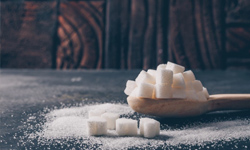
Signs Of High Sugar Intake
- Weight gain
- Acne on the skin
- Fatigue and drowsiness
- Dental cavities in the mouth
- Irregular bowel movements
- Constantly hungry
- Muscle cramps and joint pain
- Bloating
- Disturbed sleep patterns
Conclusion
If you are experiencing high blood pressure, do not delay visiting your doctor. Please consult your doctor as soon as possible and ask them to chart out an ideal meal plan for you to monitor your hypertension symptoms. Follow the meal plan properly while keeping an eye out for high sodium and sugar intake symptoms. This will help you understand your meal plan properly and also make some adjustments to it if required.
Note of Caution: This article is for information purposes only. Always consult your doctor in case of any blood pressure or other health-related problems.
Disclaimer
The information contained in this article is to educate, spread awareness in relation to hypertension and other diseases to the public at large. The contents of this article are created and developed by BPinControl.in through its authors, which has necessary, authorisations, license, approvals, permits etc to allow usage of this articles on The Website. The views and opinions expressed in this article are views, opinions of the respective authors and are independently endorsed by doctors. Although great care has been taken in compiling and checking the information in this article, The Website shall not be responsible, or in any way liable for any errors, omissions or inaccuracies in this article whether arising from negligence or otherwise, or for any consequences arising therefrom. The content of this article is not a substitute for any medical advice. The Website shall not be held responsible or liable for any consequence arising out of reliance on the information provided in the article.

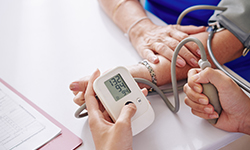
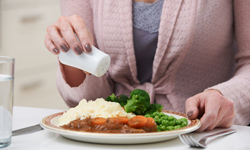
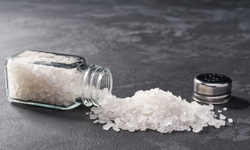

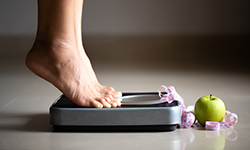




Comments (0)
No comments found.Add your comment